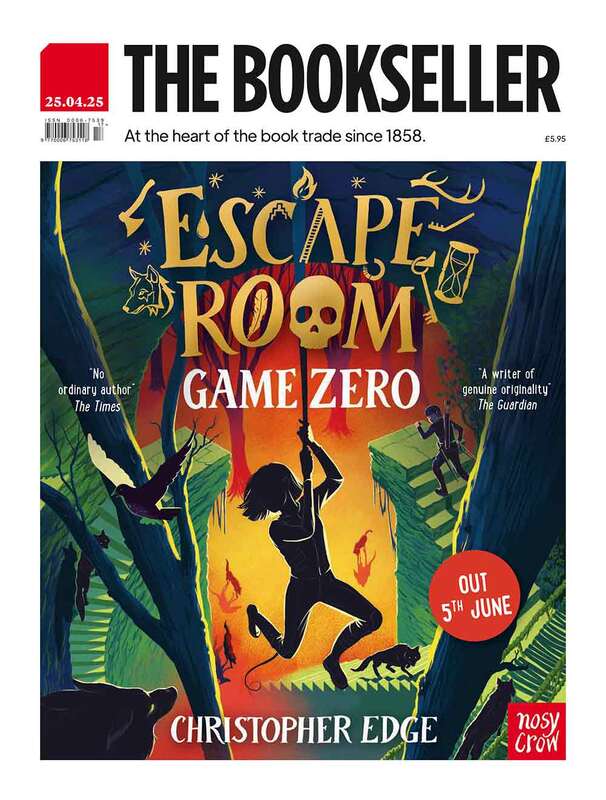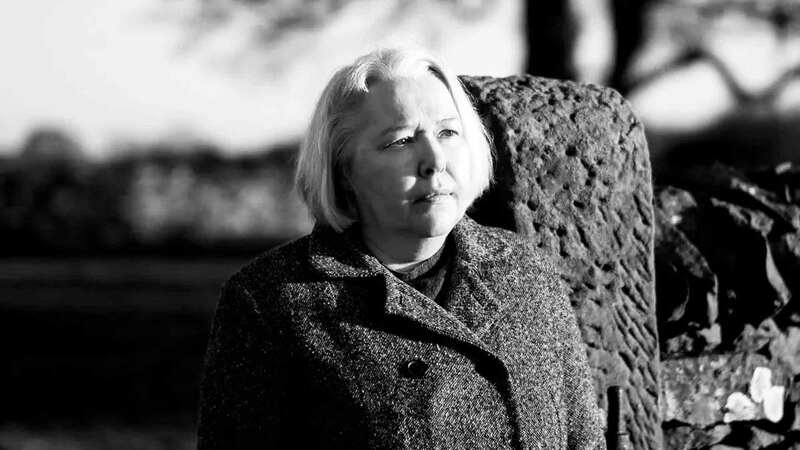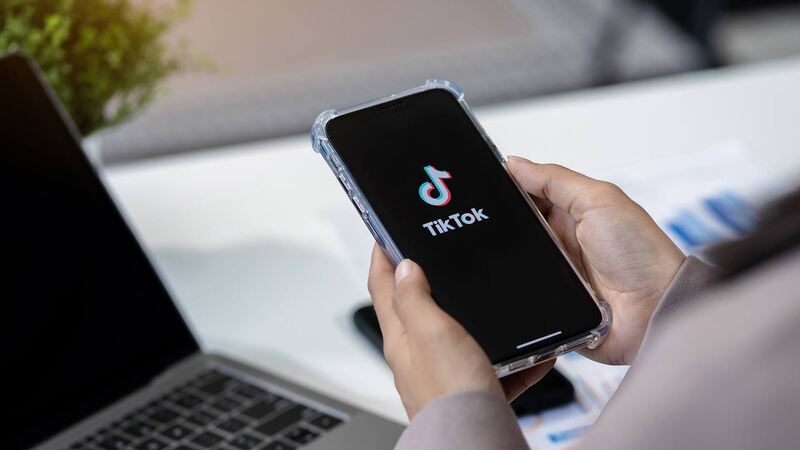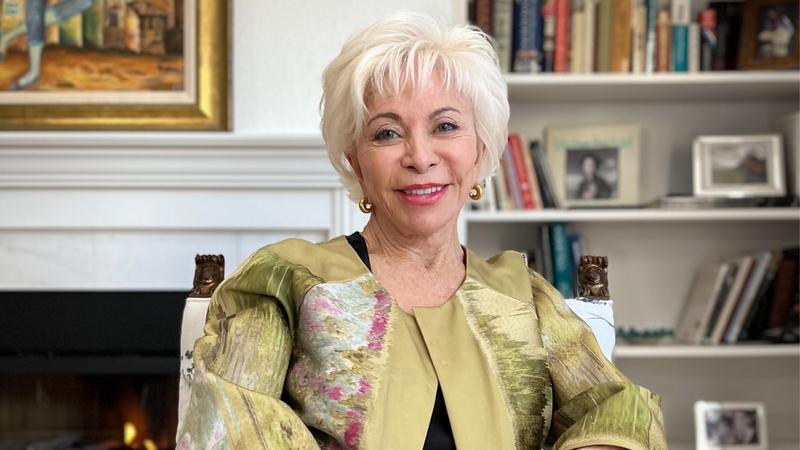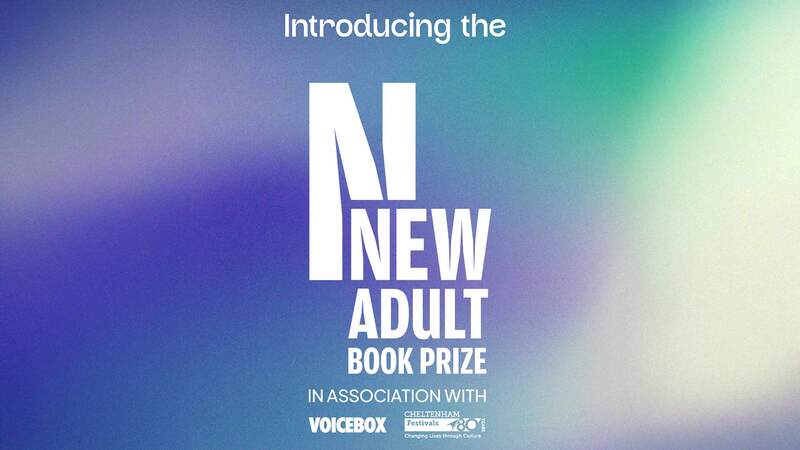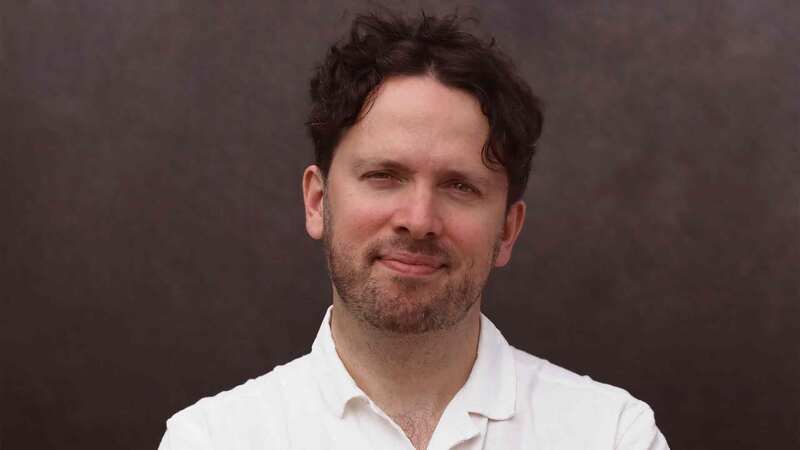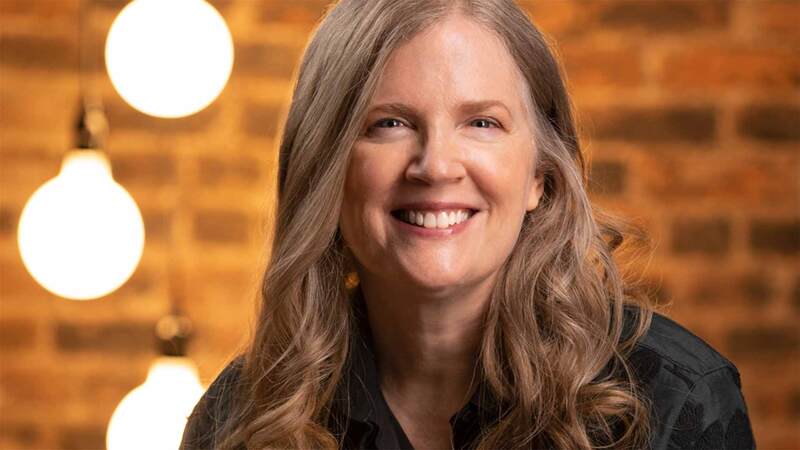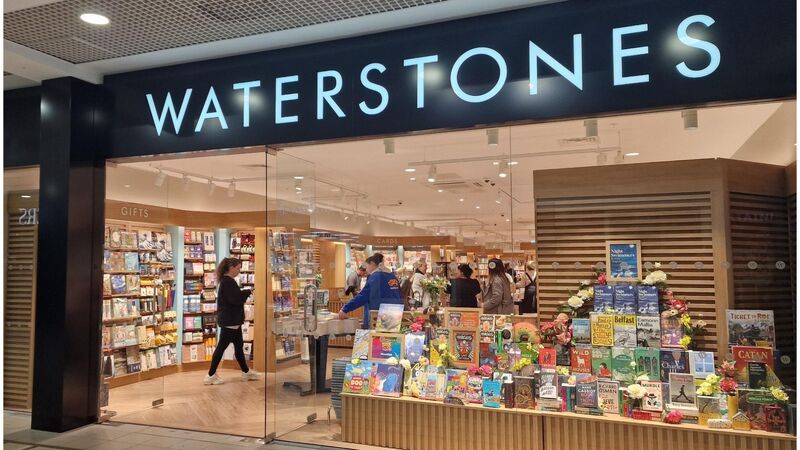You are viewing your 1 free article this month. Login to read more articles.
Industry staffers slam delay to promised harassment code of conduct
Industry staffers have criticised what they have called a "woefully lacking and inadequate" response to the sexual harassment issue, with an industry code of conduct yet to materialise a year after The Bookseller survey on harassment highlighted issues in the trade.
Following last year’s poll, in which 54% of women and 34% of male respondents reported harassment, the four trade main bodies—the Publishers Association (PA), Booksellers Association (BA), Society of Authors (SoA) and the Association of Authors’ Agents (AAA)—promised a code of conduct to prevent harassment, but have so far failed to deliver. They have told The Bookseller there has been "excellent" progress, with a joint announcement planned within weeks. But many feel the wait has been too long already.
A number of industry professionals, speaking on condition of anonymity, told The Bookseller that, beyond some increased awareness, the situation is no different. A recurring theme was feelings of frustration over a lack of change. One agent said: "I’m a little dismayed at how slowly this conversation is progressing in publishing, and that we’re not moving faster to protect our colleagues. It should be an urgent issue."
An editor said there had been "a lot of talk" but little action. "My own sense is that there was a lot of immediate eye-of-the-storm conversation," she said. "Then came all the gender pay gap reporting, which somehow took precedence and became much the ‘bigger issue’ at board level. My own sense is that the conversation about harassment and the workplace got subsumed into the conversation about pay gaps and women’s wider experience of the workplace."
Within the past year, throughout the industry, I don’t know of a single senior man speaking to women at any level about how they feel current behaviour and attitudes are and how they can help to change them.
— Junior marketing executive
A senior editor agreed that the harassment conversations had been overshadowed. "The publishing industry has spoken about BAME and working-class [diversity] and the gender pay gap—which is related, in some ways, to this—but [with] harassment and #MeToo... it is treated differently when it’s happening inside the building."
"I don’t think things have changed much over the past year," a senior salesperson said. "I’ve been harassed and know colleagues that have been harassed too. While people talk about the issues more openly, the people that are meant to instigate change either have no understanding, want the problem to just go away, or, worse, fear their own behaviour will be called into question."
One publisher, who has spent several decades in the industry, believes the culture has shifted but that harassment exists in a "subtler" way. She was one of many to cite authors’ behaviour. "The power mismatch has [not] gone away... but the way the sought-after author gets what they want from the junior employee will be subtler."
Familiar complaints
The Bookseller heard of several instances of authors allegedly harassing publishing employees—a claim which emerged in the initial survey. Several respondents also said that where complaints have been made and management has addressed them, it has done so in an inadequate way. Yet one senior editor described recently receiving a series of inappropriate text messages from a writer, and praised her company’s response: her m.d. "clearly backed" her over the issue. She said she would not have approached them for support a year ago.
An owner of an indie bookshop said: "I don't think the situation has really changed at all. I think part of the problem—on the ‘everyday sexism’ end of the spectrum—is that many of the perpetrators have absolutely no inkling as to the effect of their behaviour, and are appalled if and when the effects are explained to them. Most of the time we just want the behaviour to change, but when ‘zero-tolerance’ policies are put in place, the first response is denial, which shuts down the conversation and any hope of progress."
Until those in power understand how serious these issues are, nothing will change. Sadly they seem to view these matters as mere irritations. I wish I could explain further, but fear losing my job if I were to speak out. I’ve been in the industry for nearly 20 years and I’ve honestly given up, I haven’t got any fight left in me.
– Senior salesperson
She added: "It is disappointing, but not surprising, that the [UK] trade bodies have not managed to create a code of conduct. The American Booksellers Association circulated a code of conduct for its events months ago [in March], even as it stipulated that it was a work in progress." A junior marketing executive said; "I haven’t noticed anything happen. I was part of a group [led by the four trade bodies] called together across the industry to try and create a manifesto... and nothing came of it."
Meanwhile, the head of a small publishing company described the code’s delay as "unacceptable" and said "failing to come up with a code probably says more about the culture within publishing than the survey itself". An editor said: "The industry response has been woefully lacking and insubstantial, we have seen little in the way of any written or material action emerging, informal or formal," she said. "We have also seen highly visible harassment cases... handled in a way that has alienated many of us working in the industry and in the wider writing community. In comparison to other areas of the arts, publishing appears stagnant in the face of a significant global movement."
In similar industries, there has been high-profile action, including the Second Source collective in journalism, the We Are Not Surprised network of action groups in the arts world, and the Time’s Up campaign in the screen world. An industry code for theatre was published a year ago. As to what the book trade’s code should contain, many emphasised a need for transparency. A senior publisher said: "The code would no doubt have to state the obvious about nobody abusing power, but the key aspect would be what should happen when power is abused—no cover-ups, no non-disclosure agreements (unless initiated by the ‘victim’), no exceptions made for people who are ‘brilliant at their job’."
A senior editor echoed the sentiments of many The Bookseller spoke to when she emphasised how the after-work culture should also be considered in a code. "I would like employees to be reminded that any time they are with a client, whether or not it is on company time, they are representing the company," she said.
A bookshop owner also believes a clear reporting framework will help. "Too often when incidents are reported, the target is rebuffed, told they must have misunderstood. This is gaslighting—and it’s unacceptable."
The danger with a code of conduct—or any policy describing expected standards of behaviour—is that it becomes a form of micromanagement, which people may either resent or ignore. In my experience, misconduct happens in secret and relies on isolating individuals from their support networks.
– A bookseller
Companies, trade bodies react
Agent and AAA president Lizzy Kremer updated on the code’s progress on behalf of the BA, SoA, PA and AAA. She said: "I’m pleased to be able to confirm that progress on what we are now calling an Industry Commitment to Professional Behaviour has been excellent, and that all four of our trade associations will be able to make a joint announcement and publication in the next few weeks. Publishing any industry behavioural code should not and cannot be the whole solution to the vital question of how to prevent harassment and satisfactorily resolve any allegations of unacceptable behaviour; and individual companies must take their own steps to offer safe, supportive and diverse communities. But writing down our shared beliefs and aspirations for our industry is laying an important foundation stone for those communities. I’m proud of our work on it. I know that the document will provoke and assist necessary conversation between publishing colleagues."
Anna MacLaren May, HR director at Bonnier Books UK, said: "A year on from #MeToo and following a year of big changes within Bonnier Books UK, it’s been important for us to have confidence in our policies; we maintain an open-door HR approach and continue to operate a zero-tolerance policy towards sexual harassment. As a result of last year's #MeToo revelations, Bonnier AB established its own Whistleblowing Channel, introduced to strengthen the protection of whistleblowers across the group. It contracted external partner whistleb.com to ensure that whistle-blowers have the opportunity to remain completely anonymous.
"Our goal for the future is to keep empowering people across the business, with continued transparency, to report incidents with confidence and the understanding that they have full support from the team at Bonnier Books UK as well as the wider Bonnier Group."
Pearson’s chief executive John Fallon said: "Pearson has progressed both its sexual harassment policy and training to enhance awareness and education. At Pearson, we care deeply about our values of being brave, imaginative, decent, and ac-countable. These values shape our behaviour and we do not tolerate harassment in any shape or form. We have a Code of Conduct that we expect employees to uphold, which outlines how we work to our mission and values, ethically and responsibly. Anyone raising a concern can do so without fear of consequence.
"We operate a confidential ethics hotline for employees to report concerns. They can do this anonymously if they wish to, and we offer Employee Assistance programmes that employees and their families can also use for advice or support in their work or personal life."
The key aspect would be what should happen when power is abused—no cover-ups, no non-disclosure agreements, no exceptions made for people who are ‘brilliant at their job’.
– Anonymous respondent
Val Garside, Penguin Random House’s HR director, said: "Dignity at work is something we take extremely seriously at Penguin Random House. We have always been committed to encouraging a respectful workplace where each person is treated with courtesy, honesty and dignity.
"In July, we released our refreshed Dignity at Work policy and guidelines, which outline what is expected of all our colleagues to create an inclusive and positive workplace, our zero tolerance to harassment and the informal and formal procedures to deal with any complaints. We are also in the process of adding additional content to existing inclusivity training, and introducing a new video guide on dignity at work.
"We continue to actively support the PA in their excellent work in developing industry guide-lines in this area."
A Hachette spokesperson told The Bookseller: "The survey opened up the conversation around sexual harassment. M.d.s, directors and line managers communicated with their colleagues directing everyone to our Dignity at Work policy (available in our staff handbook and on our intranet) which discusses appropriate behaviour at work, clearly outlines the company’s zero tolerance of any form of harassment and advises what courses of action any member of staff who felt harassed should take.
"In June, we hosted a Business in the Community Sexual Harassment Peer Learning Forum event and we will continue to communicate openly with staff to ensure that everyone understands their rights and feels fully supported by the company."
Meanwhile a Waterstones spokesperson said: "We have robust policies in place, notably in our Dignity at Work policy, which we keep under constant review to ensure they are relevant and up-to-date. Naturally, the #MeToo movement has brought these into sharp focus and we have reinforced awareness within the company through the training of our bookshop managers.
"As to the wider industry, we believe that no company, or individual, should be complacent and should hold ourselves to the highest standards."
Foyles head of HR Gill Serocold told The Bookseller: "Following Paul's letter, sent out internally and quoted in the November article, we also shared a letter to all staff in January this year that reiterated our bullying and anti-harrassment policy, which all staff receive as part of their starting pack. In addition, we've ensured that everyone is aware that our employee assistance programme, provided by Retail Trust, is available as an independent source of guidance and support."
John Athanasiou, director of people at HarperCollins, said: "HarperCollins strives to ensure a work environment that is free of harassment. We have thorough policies and procedures in place to address workplace conduct concerns including confidential helplines, and have recently reiterated our global policies on harassment."

